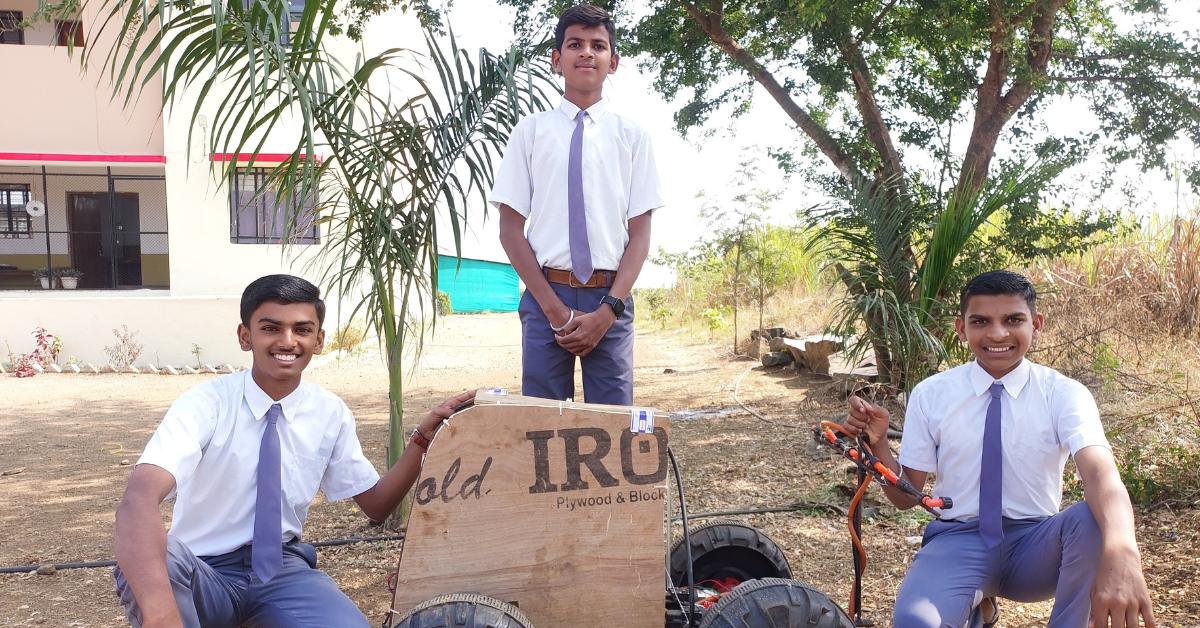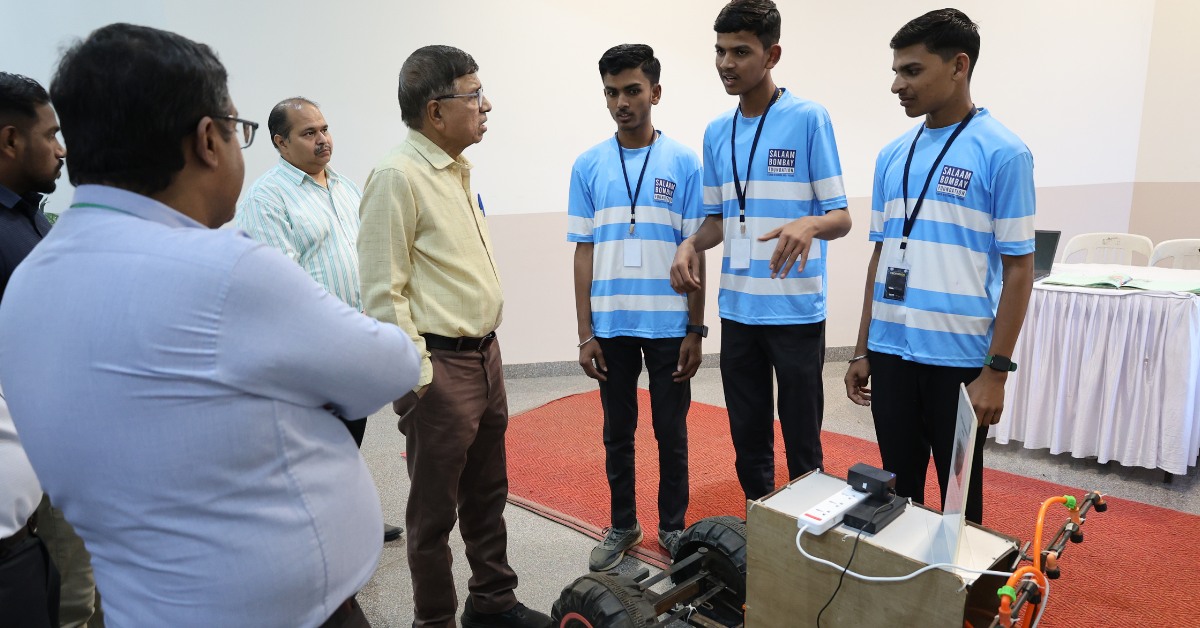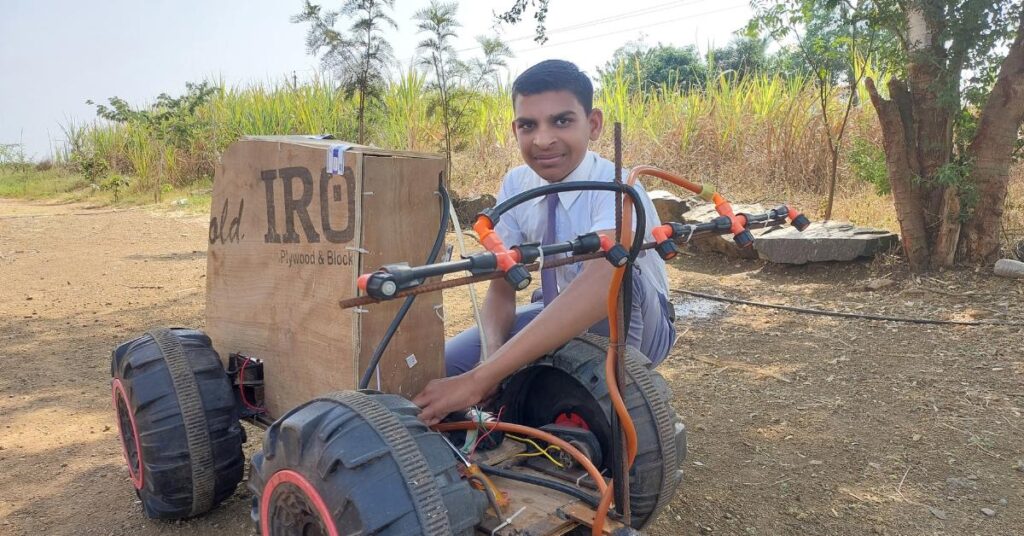While most teenagers are busy scrolling phones or studying for exams, 17-year-old Aditya Pingale from the small village of Awankhed in Maharashtra’s Nashik district is solving a real-world problem that has troubled farmers for decades.
Aditya has built ‘KrushiBot’—a low-cost, mobile-controlled robot made entirely from scrap, designed to reduce the back-breaking task of spraying pesticides manually. His motivation? Watching his farmer uncle return home daily, exhausted and in pain, carrying a 20-litre pesticide tank on his back.
A Solution Born Out of Empathy and Ingenuity
“My uncle’s constant struggle made me realize that something needed to change,” says Aditya. “That’s when I thought—why not build a robot that could carry the load and make life easier for farmers?”

Using discarded parts and with support from his local school, Aditya designed the KrushiBot—a simple yet powerful machine controlled via mobile phone. The robot can navigate fields and spray pesticides without requiring farmers to bear heavy loads, thus reducing health risks like joint pain and muscle strain.
Building Technology from Scrap for India’s Heartland
Unlike costly agri-tech imported from big cities or abroad, KrushiBot is designed by a farmer’s son, for farmers. Built from scrap materials sourced locally, the robot is affordable, practical, and accessible—perfectly suited for India’s small landholders who form the majority of the farming community.
This innovation, though humble in origin, carries the potential to transform rural agriculture by making everyday tasks easier and safer for farmers—especially in regions where mechanized solutions remain out of reach due to high costs.

A Beacon of Hope for Sustainable, Affordable Agri-Tech
For now, Aditya’s KrushiBot remains a prototype, but its success has caught the attention of local authorities and agricultural experts. With proper backing, this invention could be scaled across India, helping millions of small farmers reduce physical strain while boosting productivity.
In a time when rural youth are expected to migrate to cities for success, Aditya Pingale has proven that ground-breaking innovation can emerge from the heart of India’s villages—built not with money, but with empathy, determination, and the will to make a difference.


